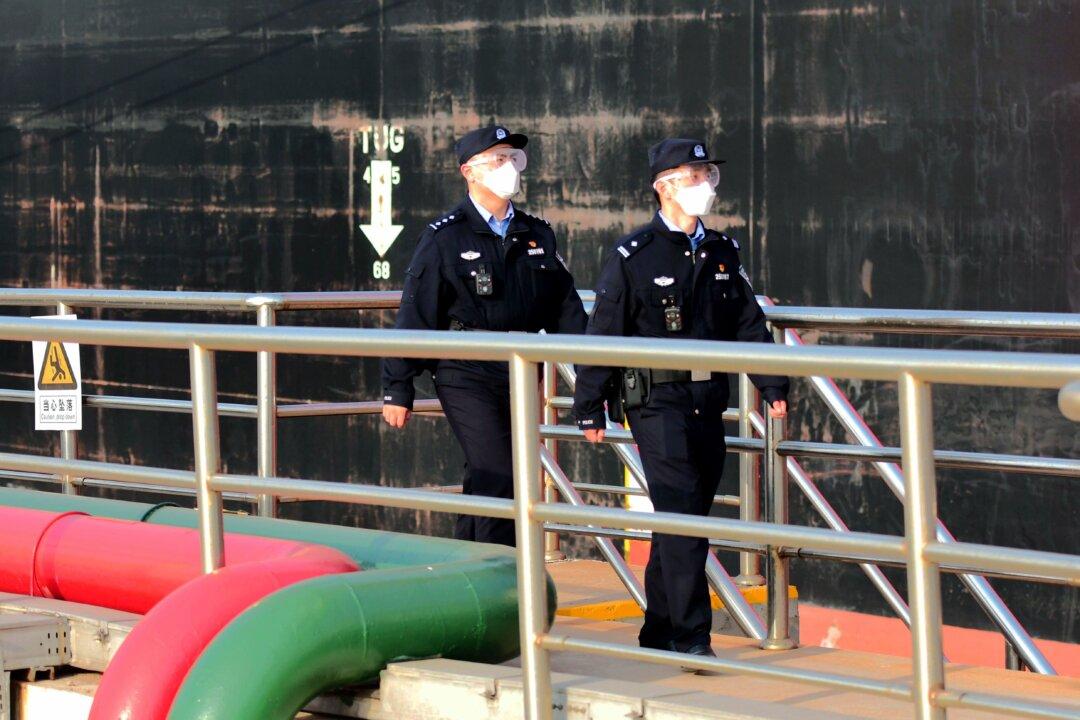As China prepares to celebrate the eight-day Mid-Autumn Festival holiday, authorities in popular tourist cities are claiming that they are safe to visit—despite lockdowns and school restrictions suggesting that COVID-19 infections haven’t yet subsided.
China will observe a national holiday beginning Oct. 1 to celebrate the festival, as well as the anniversary of the Chinese Communist Party (CCP)’s takeover of the country.





